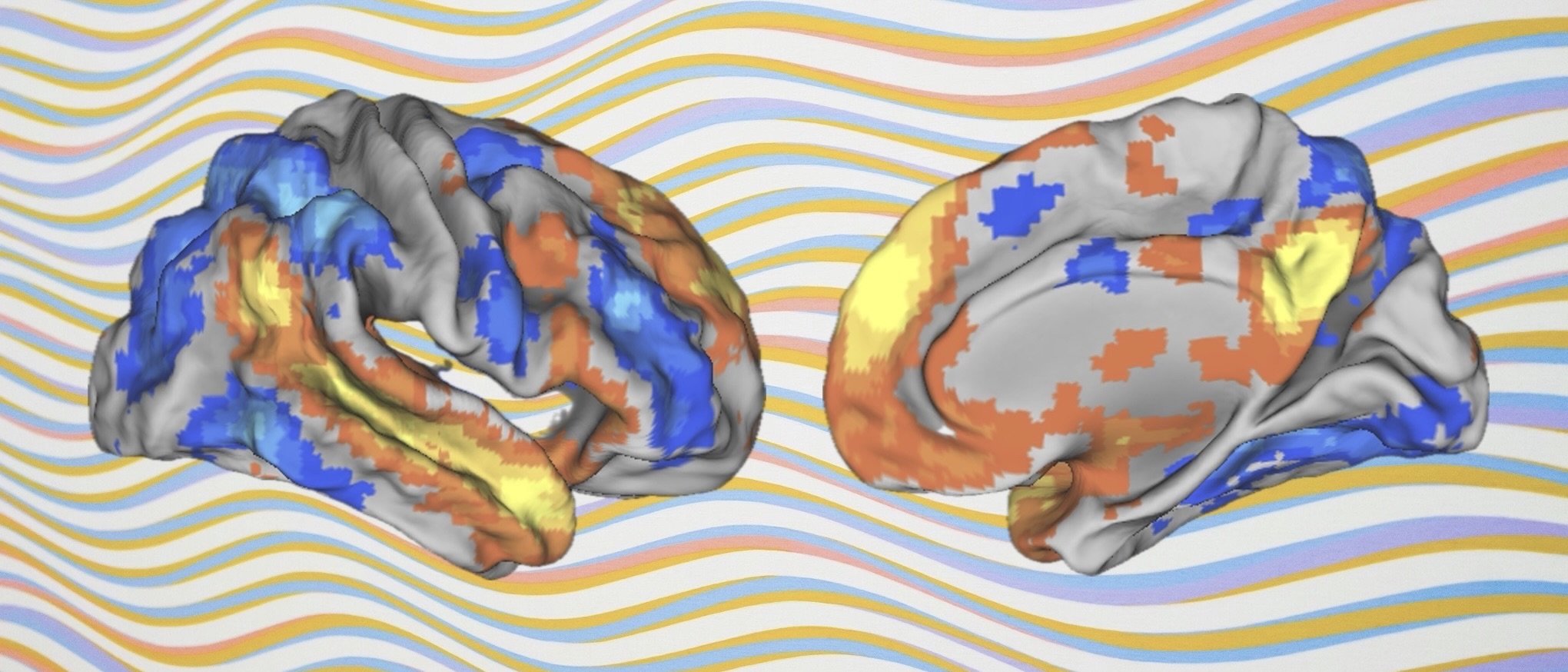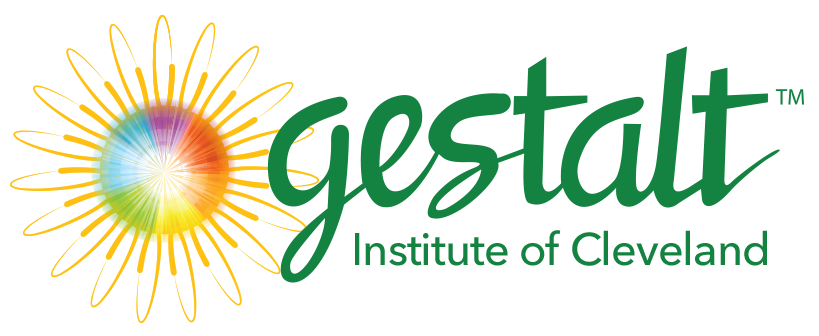 Image 1 of
Image 1 of


Neuroscience and the Art of Gestalt: Enhancing Relational Effectiveness
Online Workshop
Dates & Time:
June 18 - July 23, 2025
Weekly on Wednesdays from 12:00pm-3:00pm ET
6 Sessions Total:
Session 1: June 18, Session 2: June 25, Session 3: July 2,
Session 4: July 9, Session 5: July 16, Session 6: July 23
Tuition:
$150/each to purchase individual Sessions OR
$750/ to purchase the total Program (all 6 Sessions)
Continuing Education:
3 CEs per Session and 18 CEs total Program
Facilitators:
Tony Jack, PhD
Julia Roddy, MSc, PGdip
Online Workshop
Dates & Time:
June 18 - July 23, 2025
Weekly on Wednesdays from 12:00pm-3:00pm ET
6 Sessions Total:
Session 1: June 18, Session 2: June 25, Session 3: July 2,
Session 4: July 9, Session 5: July 16, Session 6: July 23
Tuition:
$150/each to purchase individual Sessions OR
$750/ to purchase the total Program (all 6 Sessions)
Continuing Education:
3 CEs per Session and 18 CEs total Program
Facilitators:
Tony Jack, PhD
Julia Roddy, MSc, PGdip
Online Workshop
Dates & Time:
June 18 - July 23, 2025
Weekly on Wednesdays from 12:00pm-3:00pm ET
6 Sessions Total:
Session 1: June 18, Session 2: June 25, Session 3: July 2,
Session 4: July 9, Session 5: July 16, Session 6: July 23
Tuition:
$150/each to purchase individual Sessions OR
$750/ to purchase the total Program (all 6 Sessions)
Continuing Education:
3 CEs per Session and 18 CEs total Program
Facilitators:
Tony Jack, PhD
Julia Roddy, MSc, PGdip
Neuroscience and the Art of Gestalt: Enhancing Relational Effectiveness
A Six-Week Online Course (The entire course may be purchased OR you can purchase individual Modules)
Bridge brain science with practical relational skills in this engaging six-week course. Through a combination of experiential exercises, didactic content, and discussion, participants will explore practical applications of the latest neuroscience, including Polyvagal Theory, Opposing Domains Theory and neurodevelopmental processes impacted by trauma.
Designed for therapists, coaches, leaders, managers, and anyone seeking richer connections, this series offers valuable tools to:
Become familiar with the (updated) distinction between analytic (left brain) and empathic (right brain) modes of thought
Understand and regulate the Autonomic Nervous System (ANS) using embodied practices.
Apply Polyvagal Theory insights for safety and connection.
Master practical co-regulation and empathic attunement techniques.
Enhance non-verbal communication and authentic relational presence.
Through experiential exercises, Gestalt principles, and neuroscience, you'll gain evidence-based skills to foster trust, resilience, and well-being. Enhance your effectiveness in clinical practice, coaching, leadership, and collaboration, supporting improved engagement and deeper human connection in any setting. Join us to integrate cutting edge science with a Gestalt relational approach, cultivating professional and personal growth.
Learning Objectives for each of the 6 individual sessions:
Session 1: Foundations of Analytic and Empathic Modes
Articulate the neuroscience behind analytic and empathic modes of thinking, appreciating how this framework deepens insights beyond traditional left/right brain concepts.
Identify personal cognitive styles (analytic/empathic) and recognize how they influence interactions in professional and personal contexts.
Session 2: Embodiment and the Autonomic Nervous System (ANS)
Apply knowledge of the ANS to understand how states of activation, calm, and connection are regulated.
Utilize somatic awareness and embodied techniques to recognize and intentionally shift autonomic states for improved self-regulation and co-regulation.
Session 3: Trauma, Resilience, and Empathic Attunement
Examine the neurobiological underpinnings of trauma and resilience and their implications for supporting others effectively.
Develop practices rooted in empathic attunement to consciously build trust, psychological safety, and connection.
Session 4: Polyvagal Theory in Practice
Apply key principles of Polyvagal Theory to inform responses that enhance safety and social engagement.
Develop practical co-regulation techniques (using breath, body language, vocal tone) to foster connection and calm in relationships.
Cultivate authentic presence in relational interactions.
Session 5: Non-Verbal Communication and Relational Presence
Examine the neuroscience of non-verbal communication and its critical role in building connection and understanding.
Enhance relational presence through embodied awareness and intentional non-verbal communication techniques.
Session 6: Integration and Advanced Application
Synthesize key insights from the series to effectively integrate analytic and empathic modes in professional practice and communication.
Apply reflective embodied practices to advance relational skills, foster authentic presence, and support ongoing professional growth.
